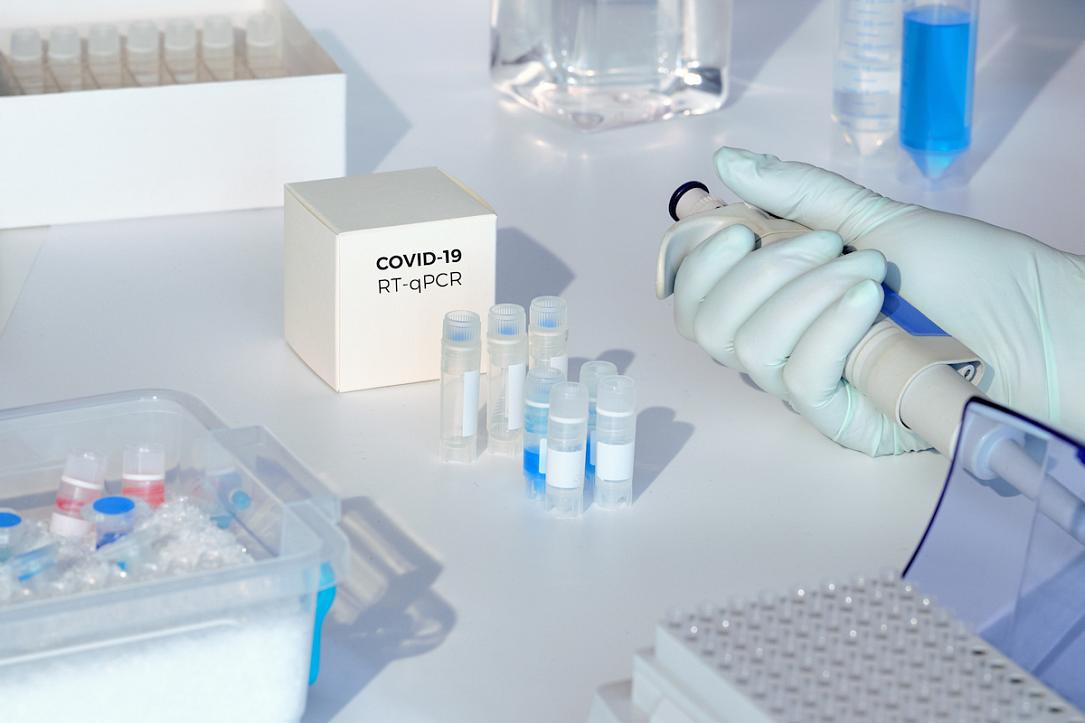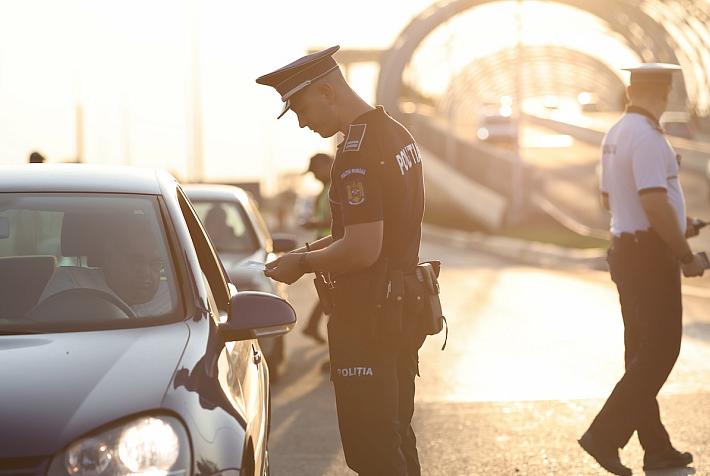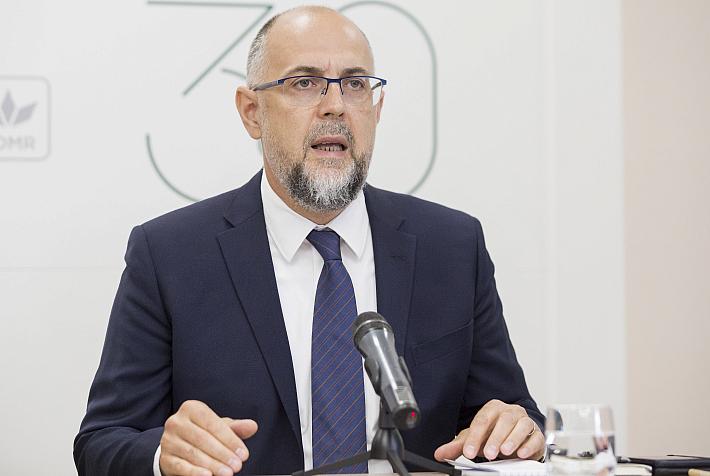RO doctor: Fewer people ask to get tested for Covid-19, contact-tracing more difficult

Many people prefer to self-isolate and don't go to the hospital to get tested for Covid-19, Beatrice Mahler, the manager of the Marius Nasta Institute in Bucharest, told Digi24 television station in an interview. This could result in a new wave of infections as the inquires to trace the contacts of those infected cannot be carried out.
“I am worried about one aspect: there are few people who go to the Marius Nasta Institute to get tested. People do not go to get tested when they show symptoms; they stay at home and go to the hospital when they have a respiratory insufficiency that they experience as an advanced illness. I know for sure that there are people who stay at home with symptoms of SARS CoV-2 infection and do not ask to get tested because they know their diagnosis anyway,” Mahler explained.
She also warned that the new coronavirus strain should determine more caution as it spreads easily and has a higher mortality rate.
“At first, we only had the information that the new strain spreads more easily; now we know that the mortality is greater. When a new strain appears, the details about it emerge gradually, and this should determine us to pay more attention and be more responsible because the coronavirus story is not over,” she said.
The director of the Marius Nasta Institute again recommended measures such as social distancing, mask-wearing, and getting vaccinated.
Meanwhile, Emilian Imbri, the manager of the Victor Babeș Hospital in Bucharest, explained for Digi24 that the admission requirements for Covid-19 patients have been fewer and that the hospital has available beds in departments treating coronavirus patients, although not in intensive care units.
“We have 210 available places at the Babeș Hospital, regular places; I’m not talking about ICU […] We haven’t seen this since April of last year. I cannot explain this phenomenon […} For the past two-three weeks, we have seen an easing of the demand for admissions. The cases with severe symptoms, which we had plenty of, with high oxygen requirements, are also fewer. Things seem to have shifted to the area of pressure on vaccination,” he explained.
After a peak of some 10,000 daily cases in November of last year, Romania has reported fewer Covid-19 cases since the start of the year. On Monday, January 25, 1,551 cases were recorded, out of 9,119 PCR and antigen tests. Sixty-five deaths were reported, while 1,017 patients were admitted to intensive care units. Only two counties currently have infection rates higher than 3 per 1,000 inhabitants: Cluj and Timiș.
Restrictions partly lifted in Bucharest as of Jan 25
(Photo: Anya Ivanova/ Dreamstime)
simona@romania-insider.com













